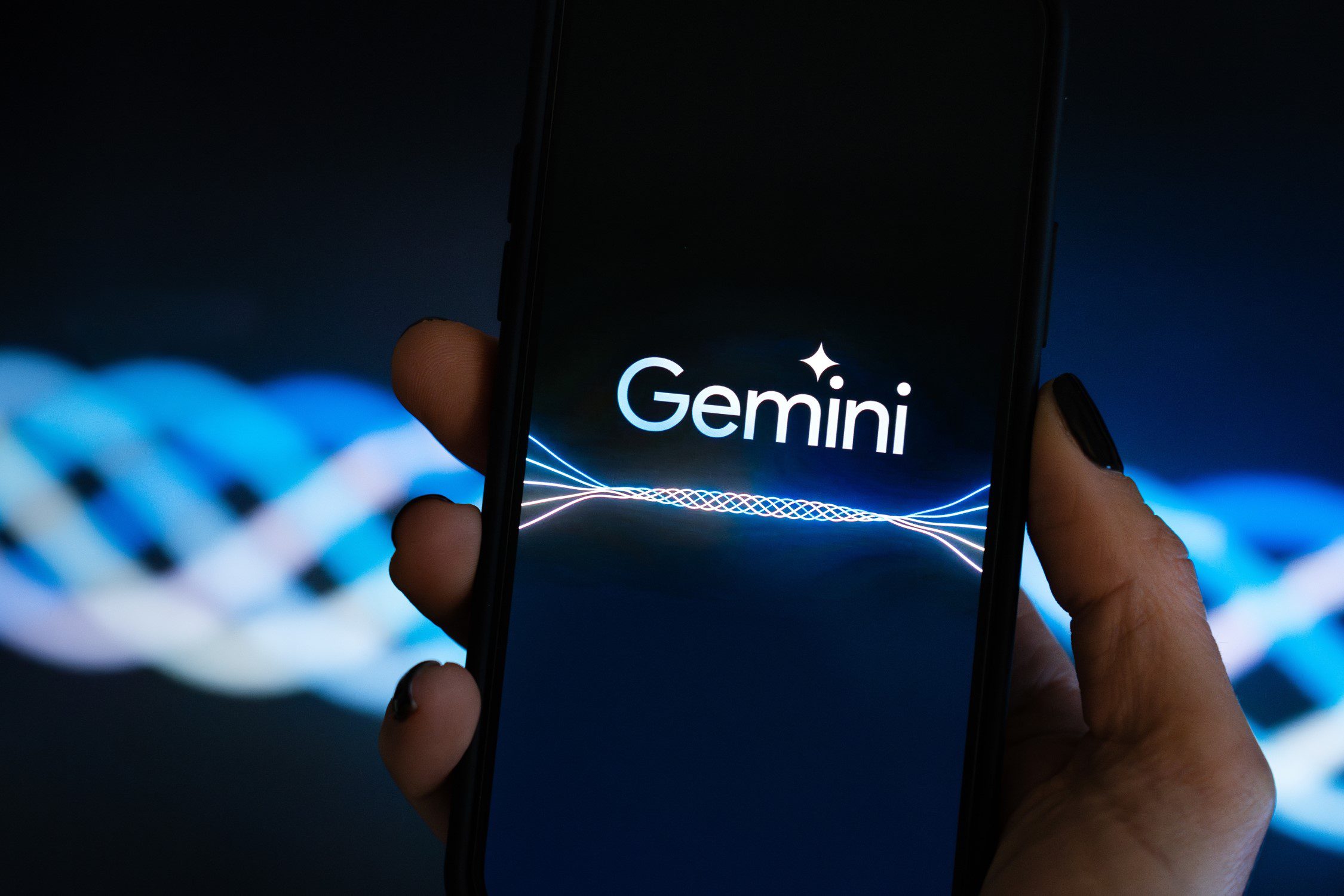Since Google introduced Gemini in December, which will be six months tomorrow, and especially after the transition to the new platform from the previous one, Google Bard, was completed, we were waiting for a key step in its deploymenta. And as you surely remember, the web version of the service (both free and paid) has been available in Spain since day one, but the same has not happened if we talk about its landing on mobile platforms.
In my opinion there are two The reasons that led Google to choose a “slow” Gemini deployment for mobile platforms. On the one hand, and in an aspect that affects us very directly, we must bear in mind that the European Parliament approved the Law on Artificial Intelligence in March. Some steps still need to be completed before its final approval and subsequent entry into force, and even then the affected companies will have additional time to adapt. However, in order to avoid problems with EU regulators, Google is quite cautious when introducing its AI features in the European Union.
On the other hand, it is also important that the increase in the number of users accessing Gemini features through their smartphones obviously translates into the need to provide the necessary infrastructure resources to support this increase in usage. It is true, yes, the Nano version of Gemini allows certain operations to be performed locally, but today, Gemini tasks are performed in the cloud.
As it is, we’ve been waiting, but we can now confirm that said wait is over because, as confirmed by Google itself, The Google Gemini app as well as the Gemini-based Android Assistant are now available in Spainamong other European countries. And also, as we expected, in both cases (application and integration into the operating system) it does so with multimodal support, i.e. it allows input of text, voice and images.

Android users who want to install the app, You can download it now from Google Play. Once downloaded and installed, it will also be automatically configured as the base technology for the Android Assistant, although if you want to limit its use to the app, you can revert this change from the operating system settings. And also good news (although not so much and not so much) for iOS users who want to use Gemini on their iPhone. In this case, as we stated at the time, it can only be used through the Google app, not replaced by Siri, and they will also have to wait about a few weeks for said update.
Currently integrating Gemini into Android Assistant it offers access to many of the voice features we already knowsuch as setting alarms, making calls and controlling smart home devices, but new features are expected to arrive soon.
This is undoubtedly an important advance in the deployment of Google’s AI platform. However, and although as an Android user (and iOS I use two devices regularly), as of Google I/O 2024, I realize that my expectations were largely carried over to the Astra project.














